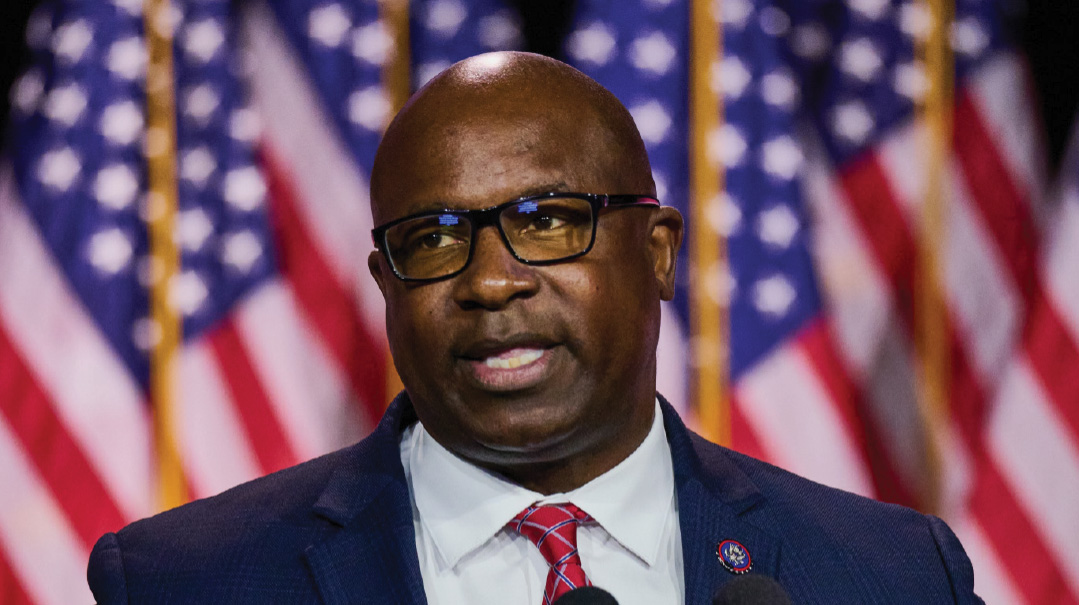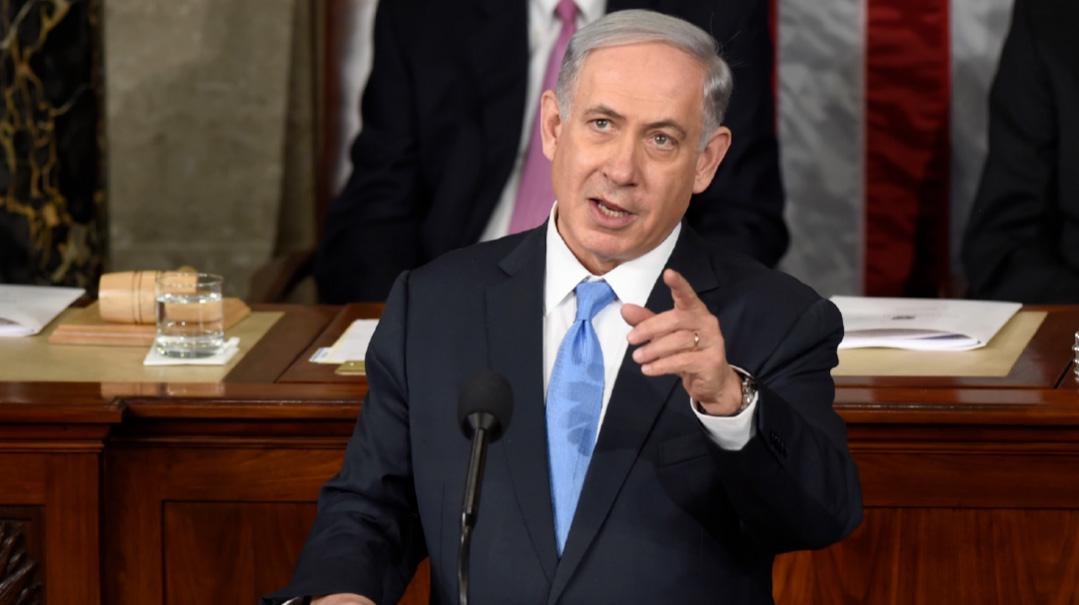Third Time the Charm?

Israel rolls dice again as third elections loom

As Israel heads to its third election in 11 months, what are the challenges facing the major parties and politicians? Will this ballot break the yearlong deadlock? Or is the Israeli political system permanently damaged?
Bibi’s Fight to the Finish
Prime Minister Netanyahu dodged one legal bullet when the Supreme Court rejected petitions demanding his immediate resignation, but the court did ask Attorney General Avichai Mandelblit to rule whether Israeli law permits a prime minister facing indictments to form a coalition. Mandelblit is unlikely to insert himself into the picture before the Likud’s December 26 primary, but his ruling could influence the national election. Netanyahu must announce within two weeks if he will seek parliamentary immunity from the indictments — immunity that the Knesset can’t grant without convening a special session. Even if they meet, Bibi won’t have the 61 votes he needs to shield himself, until and unless he wins big in March, gets the green light from Mandelblit, and succeeds in forming a majority government.
This all casts a pall over Bibi’s campaign. Some polls show up to 40% of the electorate will either vote for a different party on March 2 or are considering it. That reflects the strong sentiment that after two inconclusive elections, Israelis are looking to shake things up.
Gideon's Gambit
Enter Gideon Saar to create friction from within. Saar poses a serious challenge to Netanyahu’s grip on the Likud and makes a convincing case that there is no reason to believe that Bibi will be any more capable of forming a coalition on try number three. Saar has the ability to make strong points without a whiff of arrogance or antagonism. That already sets him apart from the more combative Bibi. Saar also doesn’t need to make deals to get positive media coverage. His wife, Geula Even, is a veteran television journalist respected by both the right and the left, providing her hubby with some protektziya.
Saar is a well-qualified and seasoned politician in his own right, but history is against him. Likud voters have never unseated a party leader in a primary. Despite the ongoing media prattle about “Netanyahu fatigue,” there are no overt signs that the majority of Likud loyalists are yawning.
Benny Gantz: The Front-Runner
Gantz is the man to beat in the March 2 election. He’s now a proven vote-getter, and even his ultra-ambitious intraparty coalition partner, Yair Lapid, has yielded to Gantz, dropping his demand for a rotation between him and Gantz in the prime minister’s position. Early polls show Blue and White widening its lead over the Likud as the new campaign gets underway. Gantz earned the respect of many Israelis when he didn’t cave during the recent negotiations with Netanyahu and the Likud for a national unity government. Many voters are still vague when it comes to Gantz’s political positions — and the taciturn Gantz isn’t one to enlighten people — but for them, it’s what he’s against, Binyamin Netanyahu, that counts most.
Most pundits and pollsters still say Gantz has no path to a 61-seat coalition without the Arab parties after the next election, but that assumes the 55-vote right-wing blocking bloc that Netanyahu assembled holds. That’s not a safe assumption anymore.
Shas and UTJ: A Sense of Urgency
Unless the Likud pulls off an electoral miracle, there are only two ways the right gets 61 seats in March. Shas and UTJ must do their share, by Shas gaining a tenth seat and UTJ winning the eighth seat that has escaped them by a few handfuls of votes in each of the last two elections. Both Shas and UTJ increased their vote total by 92,000 in the September election compared to last April, and very little of that can be attributed to demographic growth. Not in five short months. It took hard-driving campaigning — mainly by Aryeh Deri and Shas. UTJ will have to amass all of its formidable forces as well.
Chareidi parties might be advised to dispense with the talk that they know how to operate outside of a coalition if need be. During the periods when the chareidim manned the backbenches, secular coalitions rammed economic austerity measures down their throats and passed a draconian draft law. There’s never a good time for complacency, especially now.
Naftali Bennett and the Right
The other chance for the right to secure a 61-seat majority without the enfant terrible, Avigdor Lieberman, lies in the hands of Naftali Bennett and the religious right-wing parties. After getting wiped off the political map in April, Naftali Bennett made a swift comeback in September; his Yemina coalition won seven seats with religious partners, Rabbi Rafi Peretz and Bezalel Smotrich. With a newfound power base as defense minister, Bennett approaches the new election from a position of strength, but he has again ditched his religious bloc to run alone. Early polls show Rabbi Peretz and Smotrich struggling to win the minimum 3.25% of the vote required to earn Knesset seats.
The religious right is badly splintered, with votes potentially divided among three or four different factions. Not all of them are running this time, and even those that do may also fall short of the minimum. There doesn’t seem to be anyone out there to unify them.
A Nyet for Evet
Evet is actually Avigdor Lieberman’s given name at birth in his native Moldova. Dubbed the “kingmaker” in the past two elections, spoiler would be more accurate. It’s time to face facts that Lieberman has burned his bridges with Bibi and the chareidi and national-religious politicians. In the process, he has probably overplayed his hand. If Bibi should bounce back to form a coalition, Evet will find himself in the political tundra. If Gantz wins a resounding victory, Bibi will be forced to resign as Likud party head, paving the way for the elusive national unity government, with no need for Lieberman.
Lieberman will always retain the loyalty from a goodly percentage of Soviet immigrants but his party has fluctuated between 5 and 15 seats. In politics, there’s never a good time to be smug. He has as much to lose as anyone in the next election, considering the many other center-left parties who offer much of the same political fare.
(Excerpted from Mishpacha, Issue 790)
Oops! We could not locate your form.













